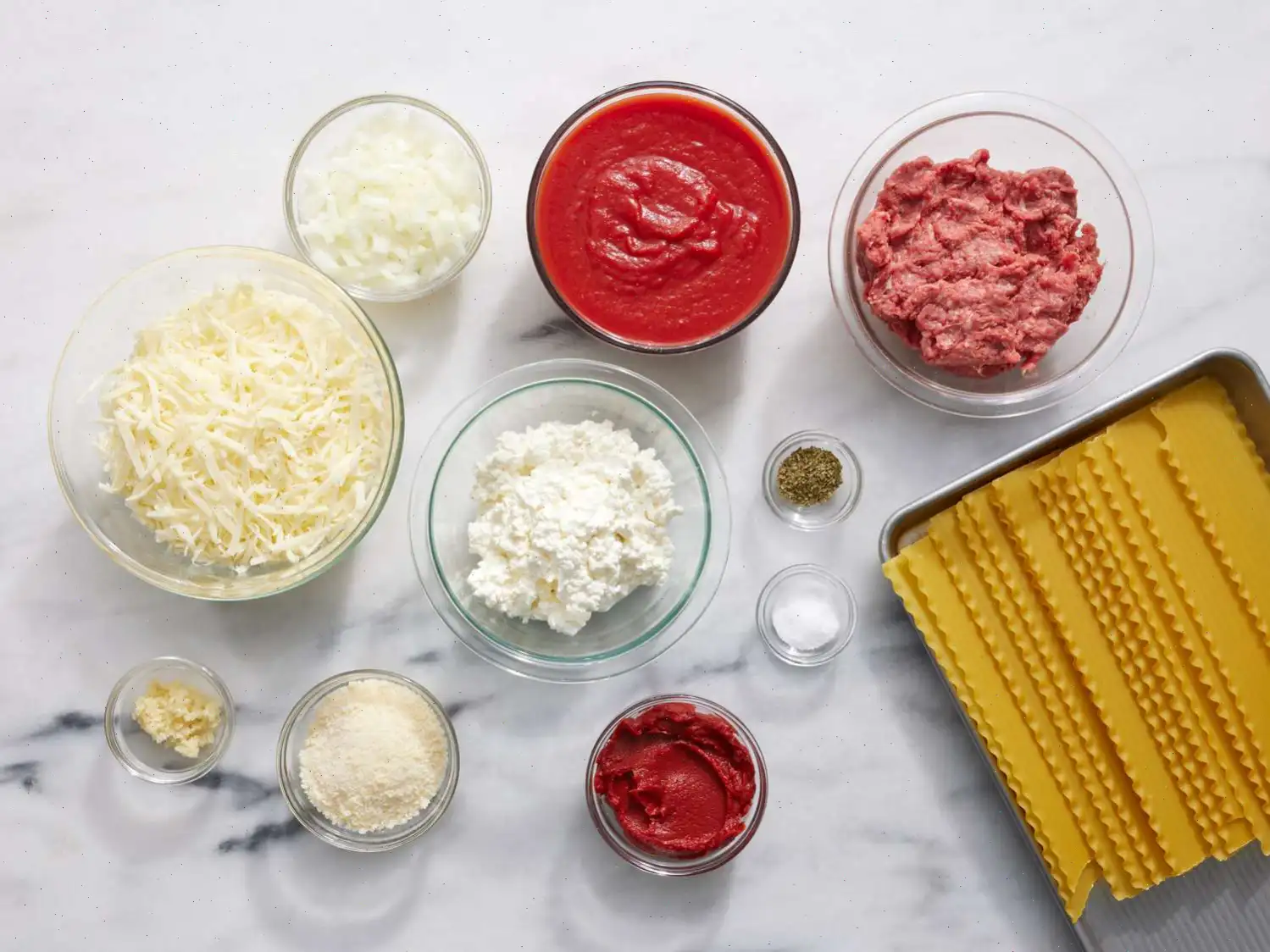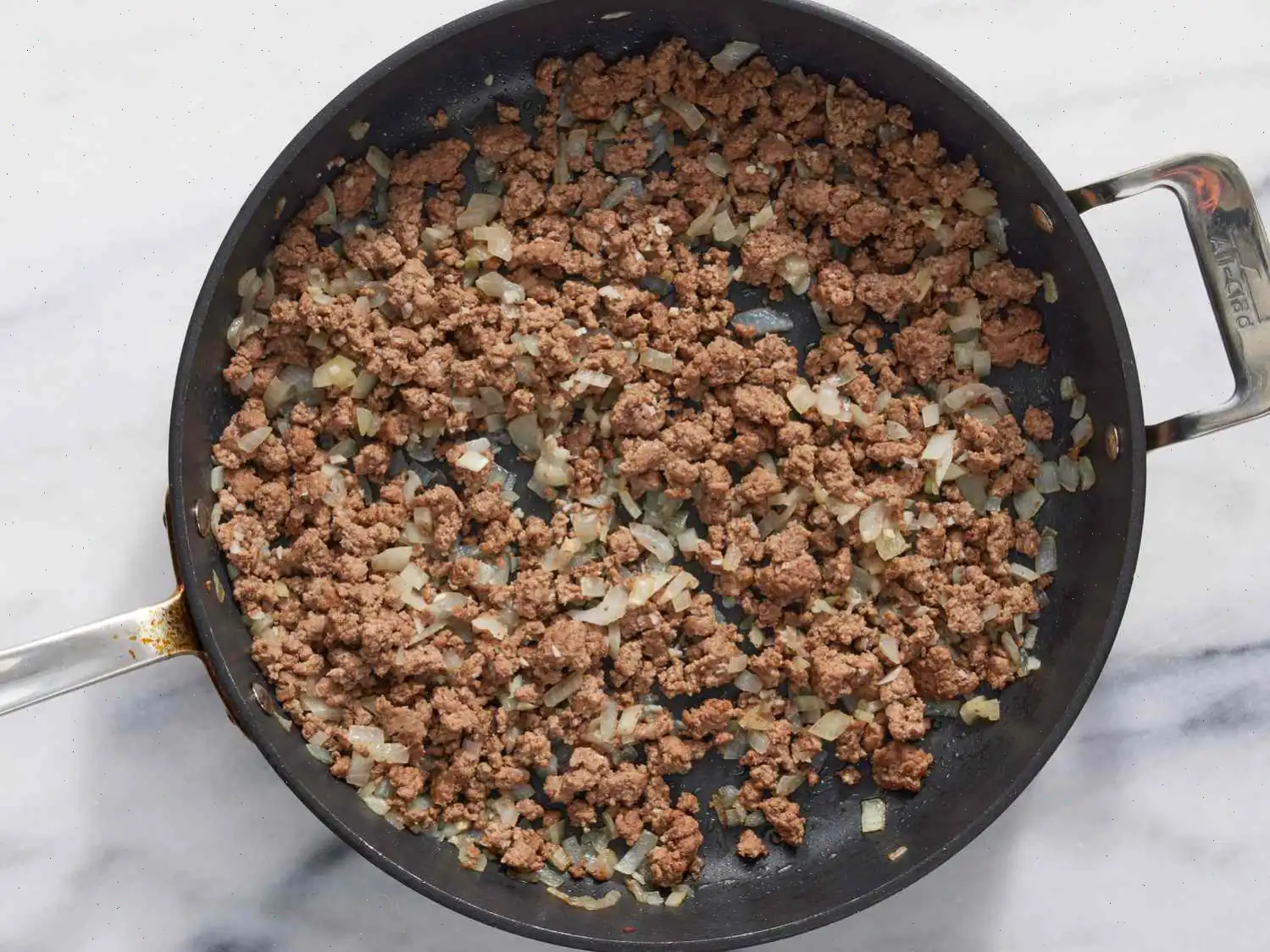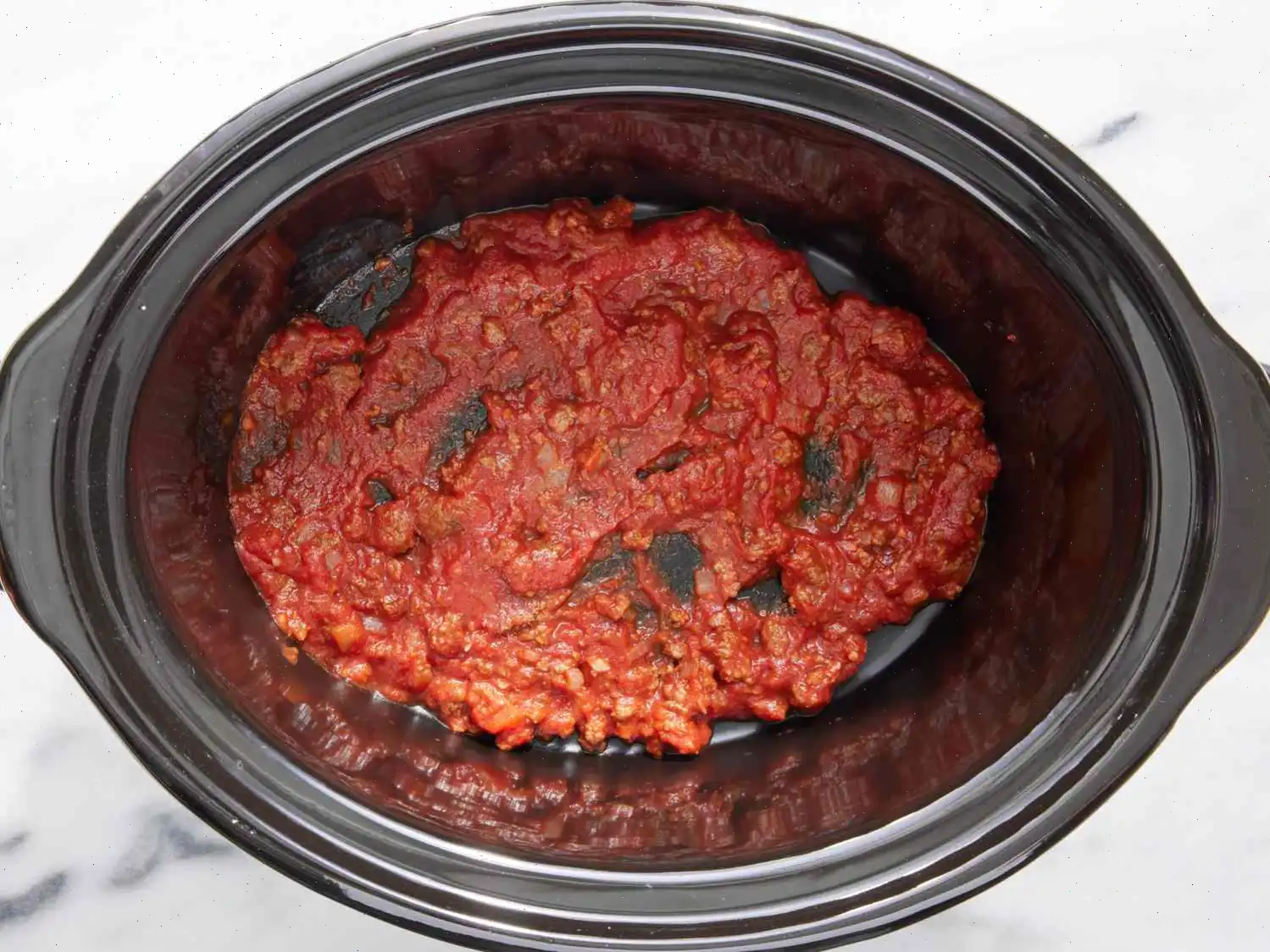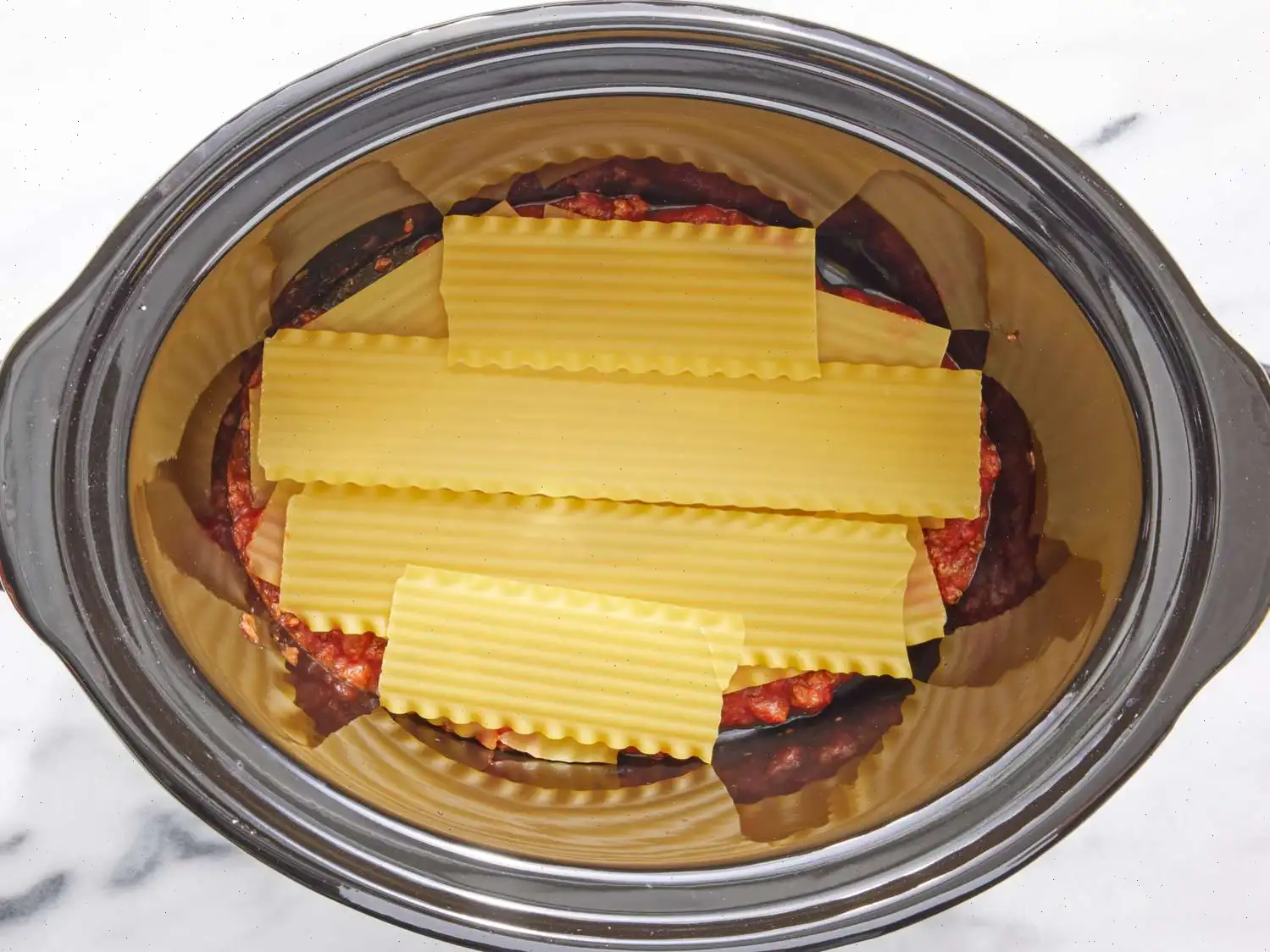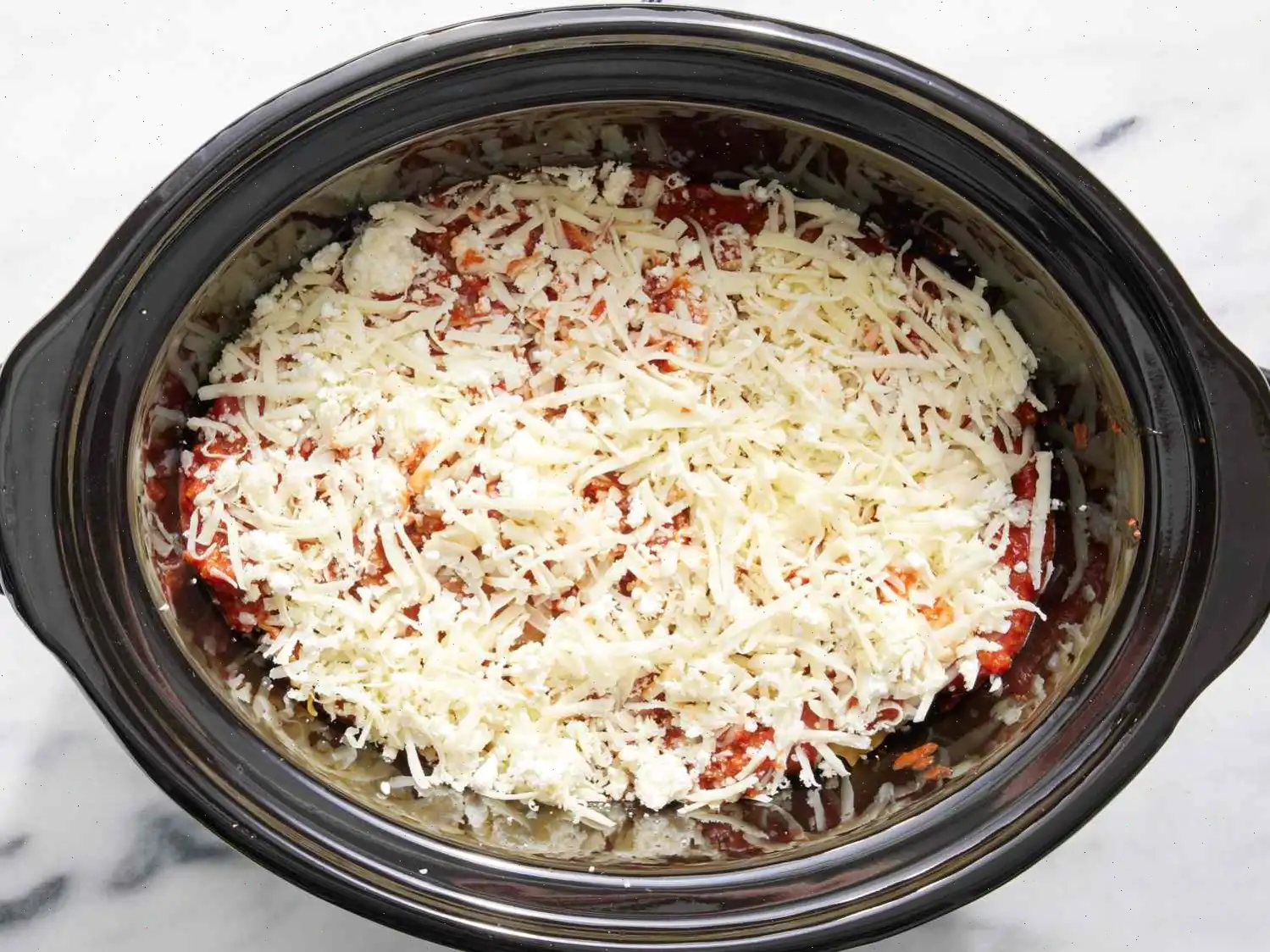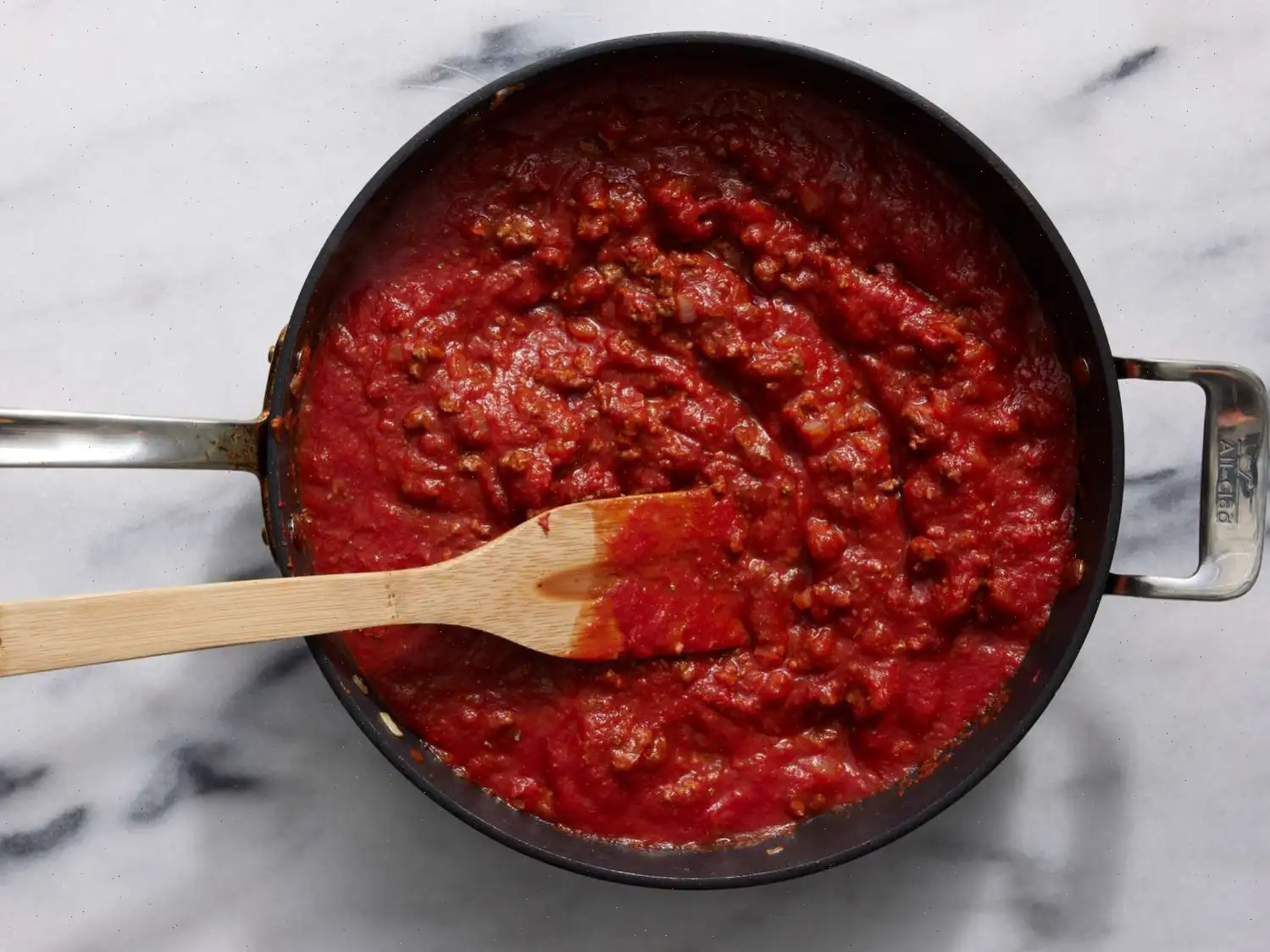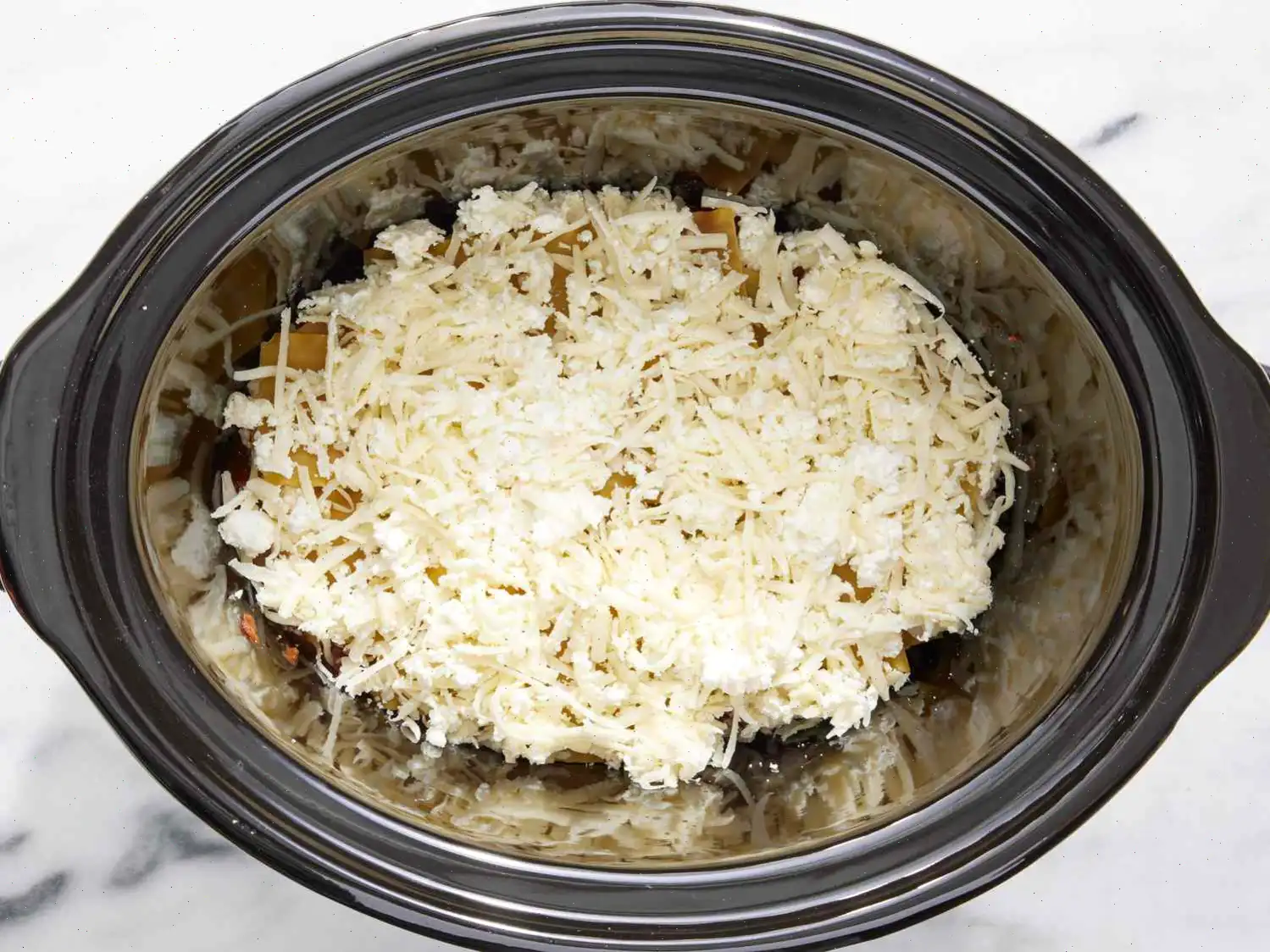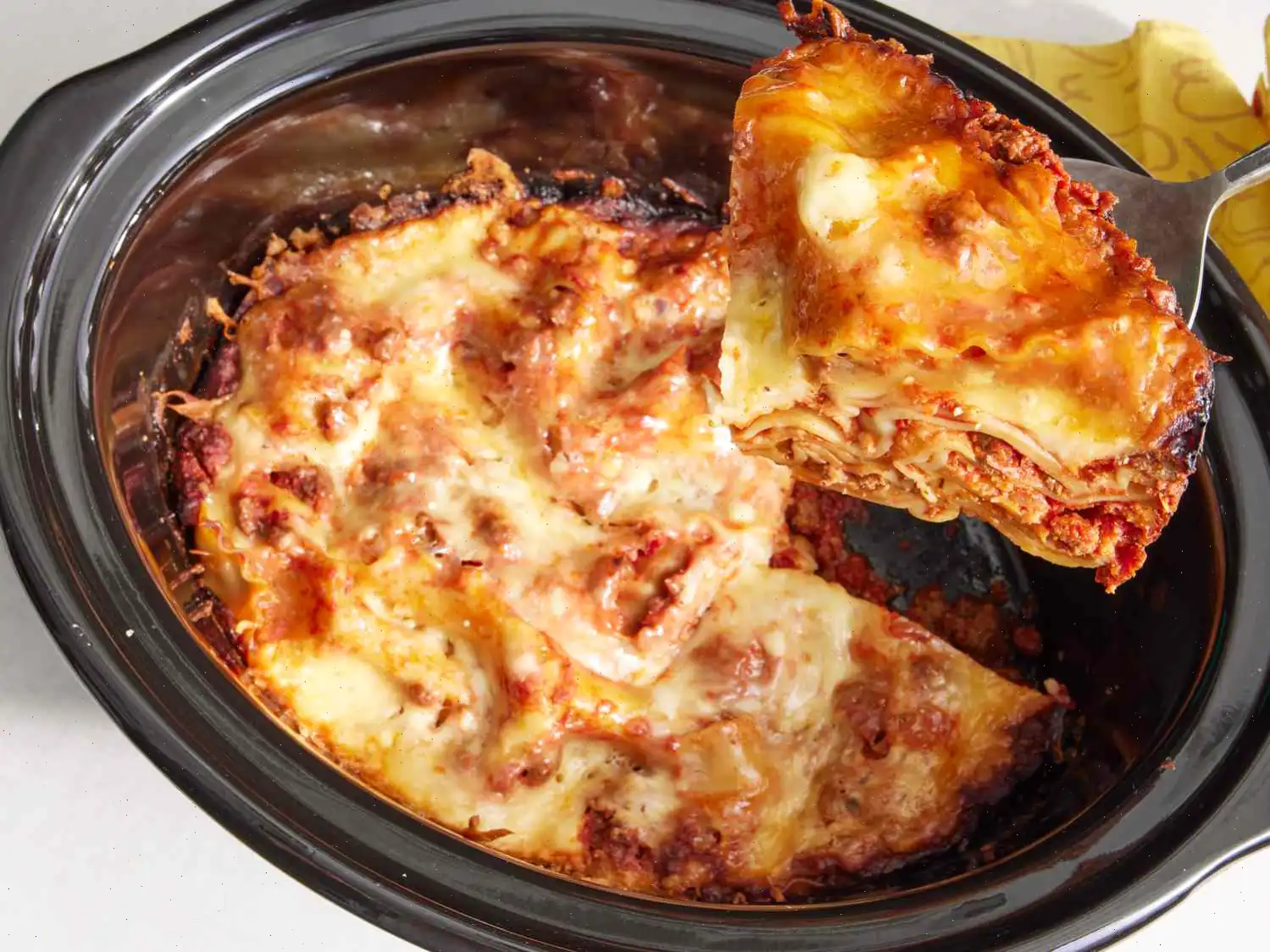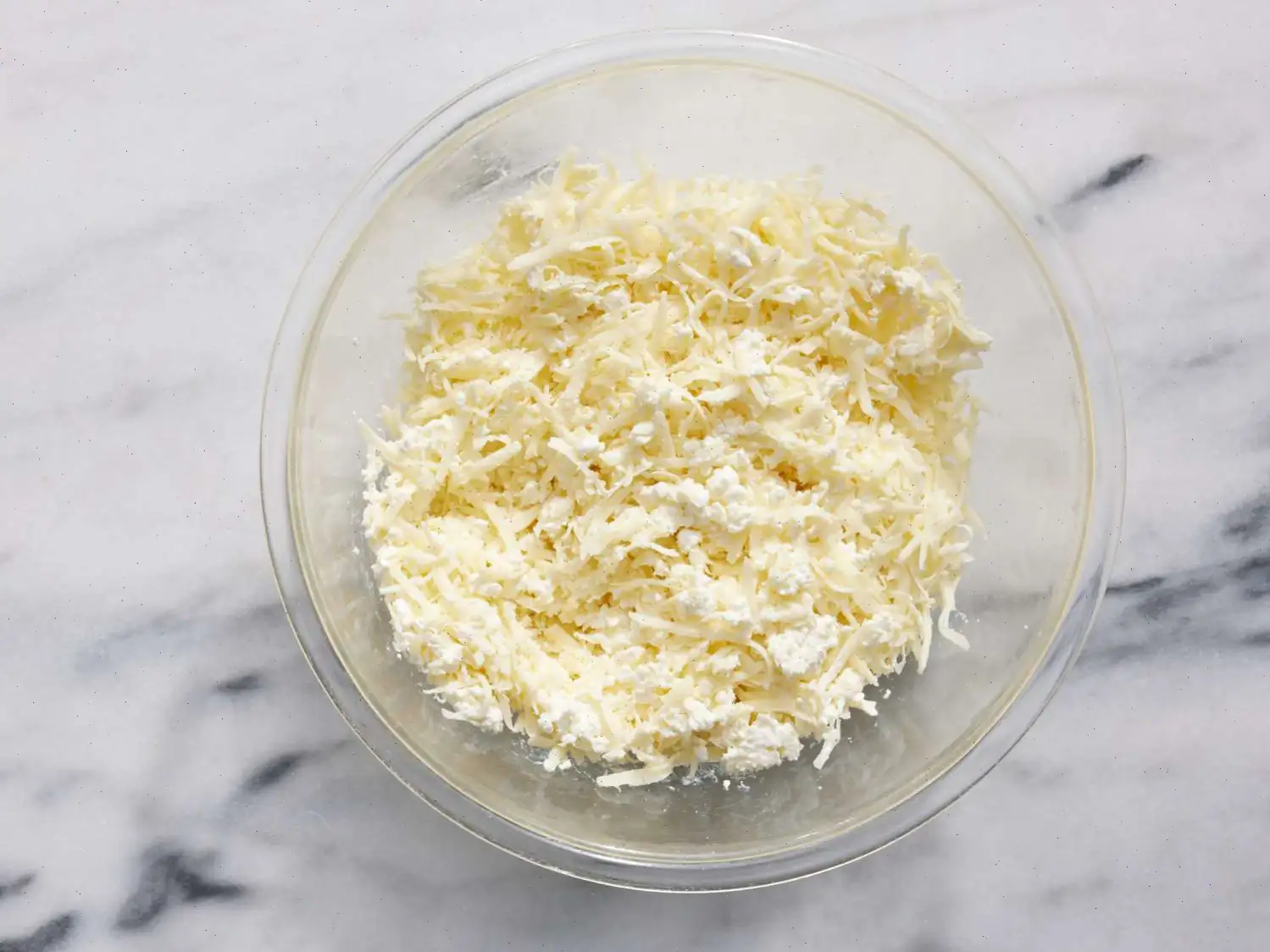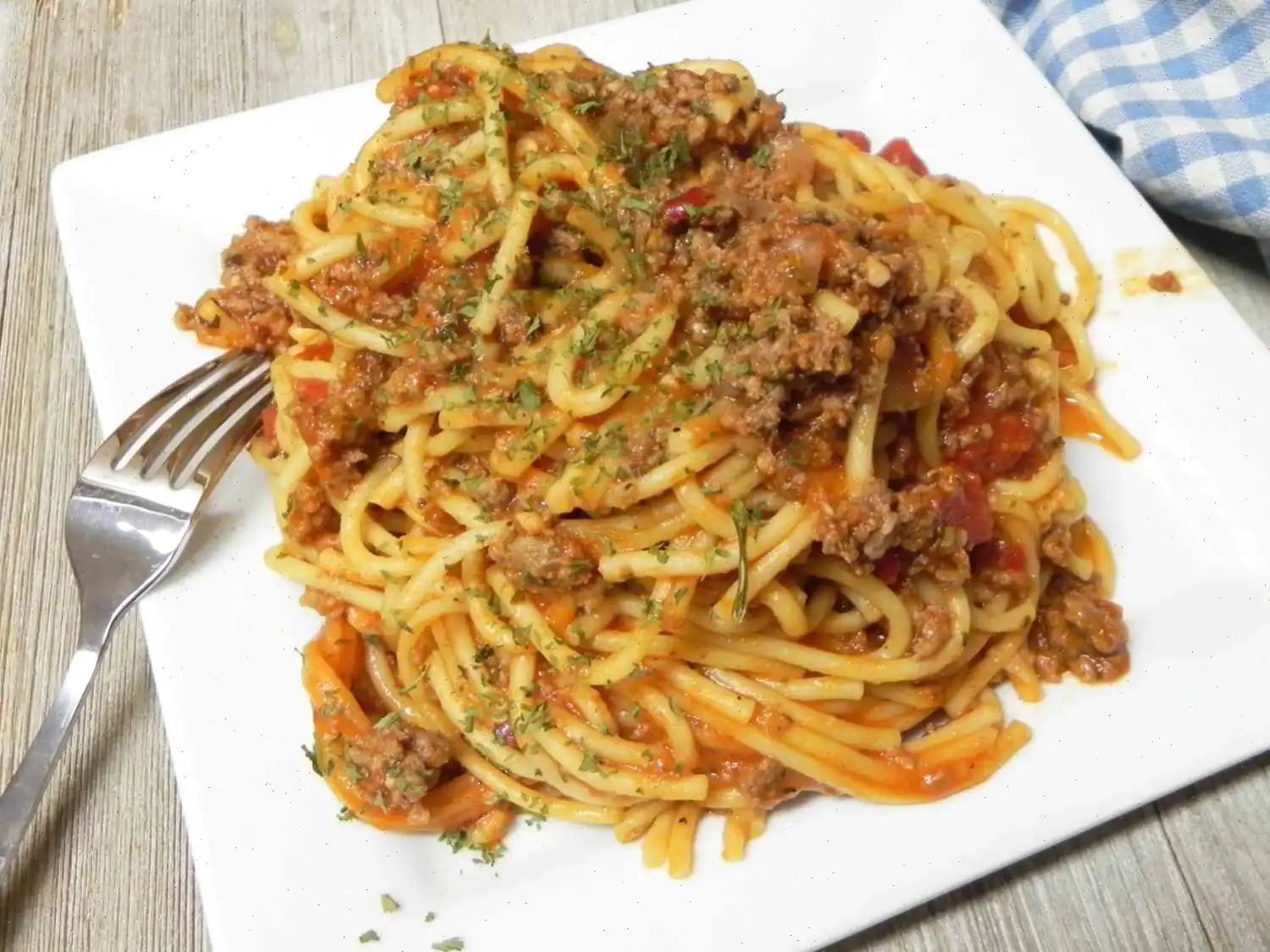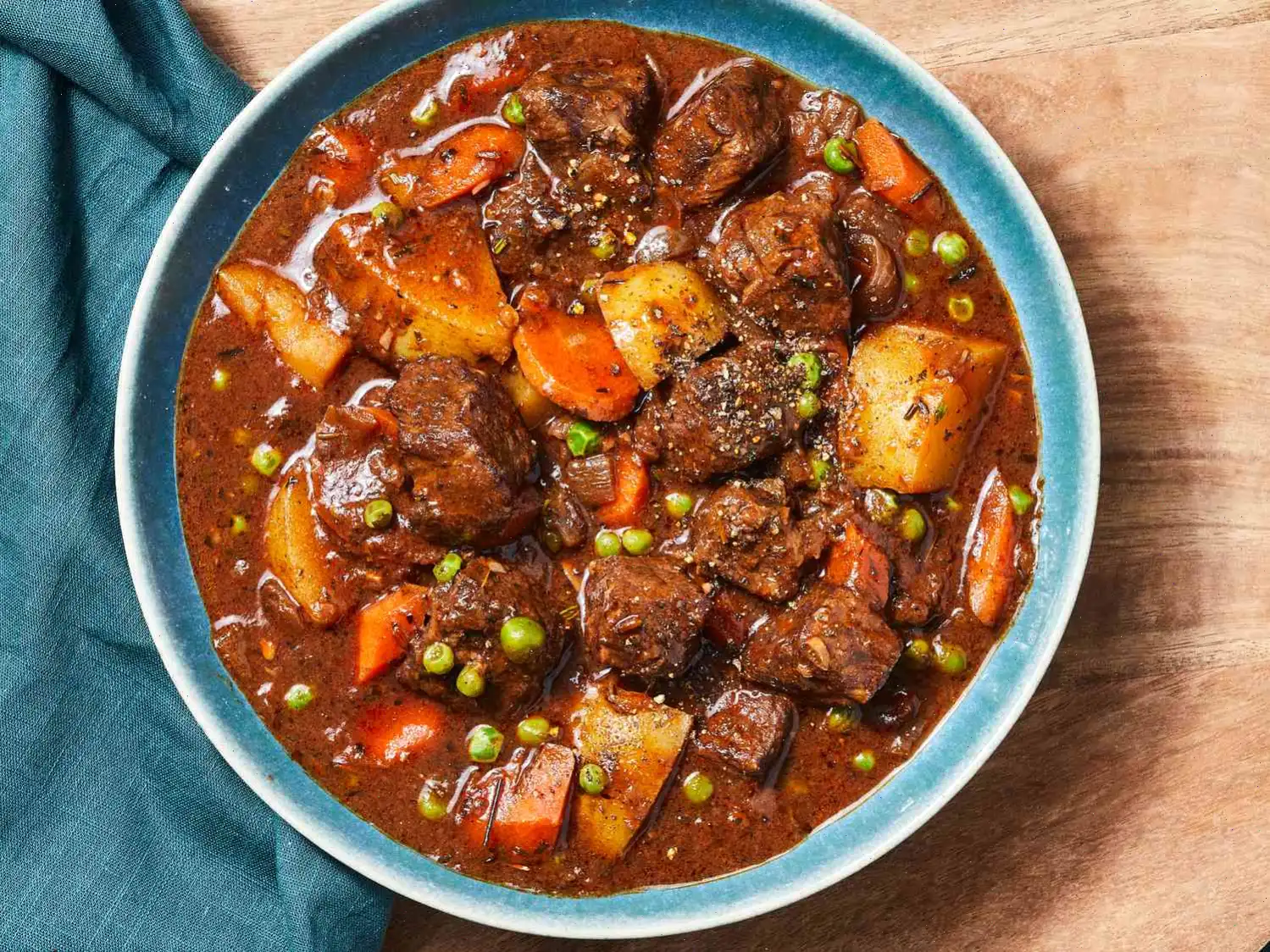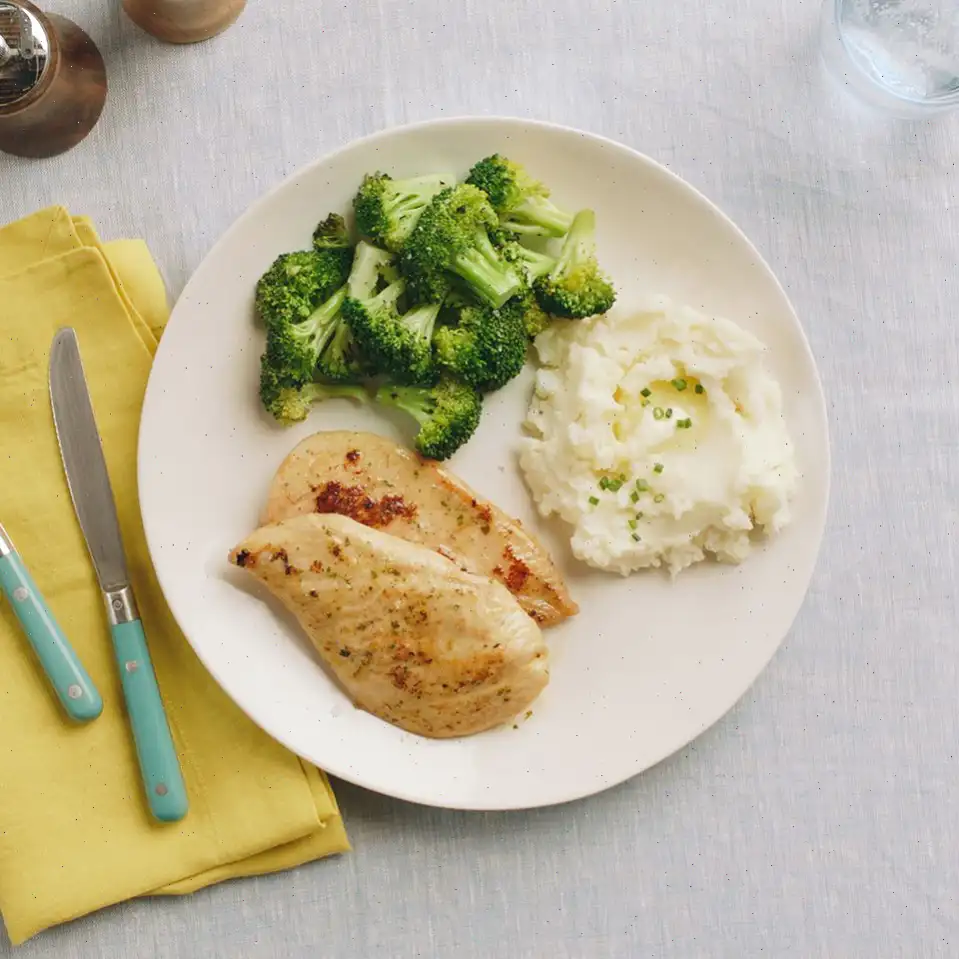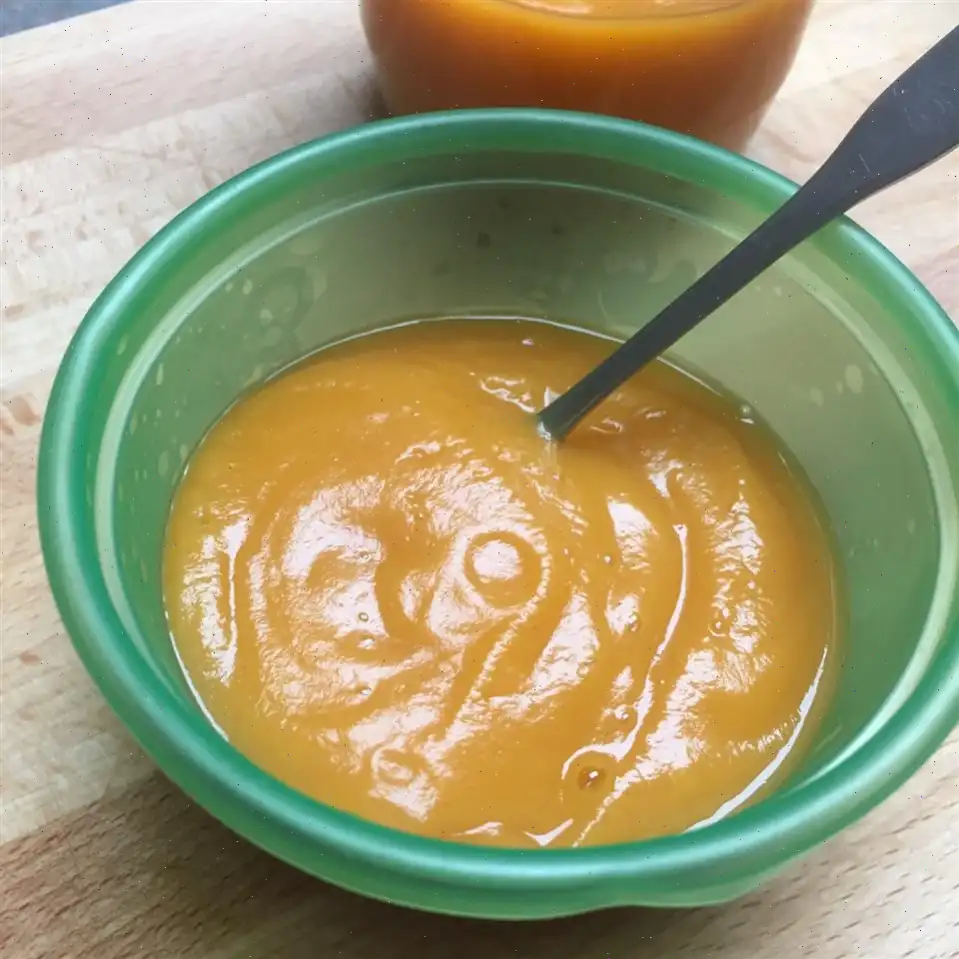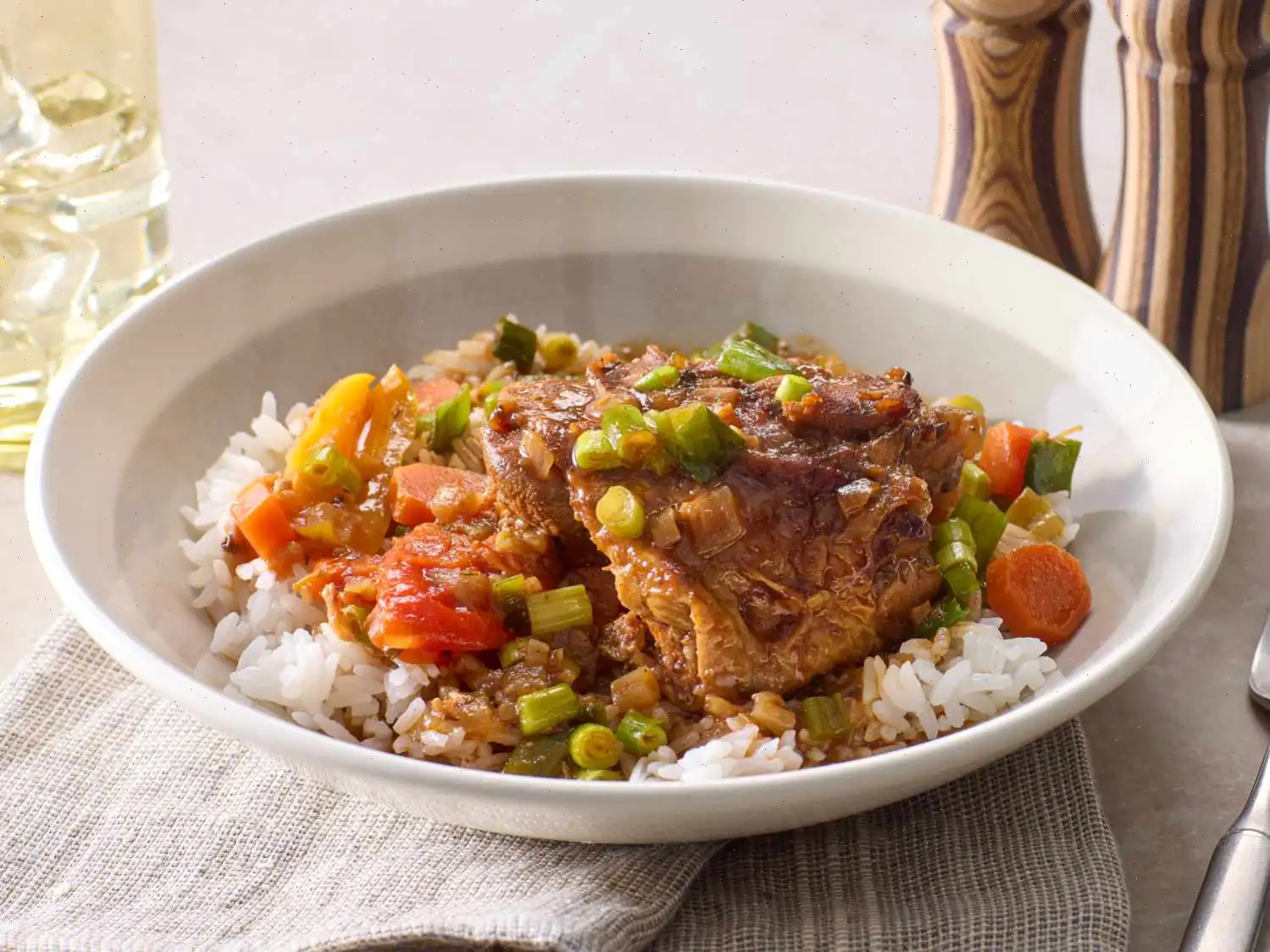
Slow Cooker Lasagna Recipe
Ingredients
This recipe was developed at its original yield. Ingredient amounts are automatically adjusted, but cooking times and steps remain unchanged. Note that not all recipes scale perfectly.
- 1 pound lean ground beef
- 1 medium onion, chopped
- 2 teaspoons minced garlic
- 1 (29 ounce) can tomato sauce
- 1 (6 ounce) can tomato paste
- 1 teaspoons salt
- 1 teaspoon dried oregano
- 16 ounces shredded mozzarella cheese
- 12 ounces cottage cheese
- cup grated Parmesan cheese
- 1 (12 ounce) package lasagna noodles
Directions
Step 1: Gather all ingredients and ensure everything is ready for use.
Step 2: In a large skillet, cook the ground beef, chopped onion, and minced garlic over medium heat until the beef is browned and the onion is soft.
Step 3: Once the beef is browned, add the tomato sauce, tomato paste, salt, and oregano to the skillet. Stir the mixture well to combine and heat through.
Step 4: In a separate large bowl, combine the shredded mozzarella, cottage cheese, and grated Parmesan cheese, mixing them together thoroughly.
Step 5: Spoon a layer of the meat mixture onto the bottom of a slow cooker. Ensure it covers the surface evenly.
Step 6: Add a double layer of uncooked lasagna noodles on top of the meat mixture. Break the noodles as needed to fit the slow cooker.
Step 7: Spread a portion of the cheese mixture over the noodles.
Step 8: Repeat the layering process by adding more meat mixture, noodles, and cheese until all ingredients are used, ensuring a final layer of cheese on top.
Step 9: Cover the slow cooker and cook on Low for 4 to 6 hours, or until the lasagna noodles are tender and fully cooked.
Nutrition Facts (per serving)
| Calories | 446 |
|---|---|
| Total Fat | 20g (26% Daily Value) |
| Saturated Fat | 10g (51% Daily Value) |
| Cholesterol | 72mg (24% Daily Value) |
| Sodium | 1420mg (62% Daily Value) |
| Total Carbohydrate | 36g (13% Daily Value) |
| Dietary Fiber | 3g (11% Daily Value) |
| Total Sugars | 8g |
| Protein | 31g (62% Daily Value) |
| Vitamin C | 11mg (12% Daily Value) |
| Calcium | 453mg (35% Daily Value) |
| Iron | 3mg (19% Daily Value) |
| Potassium | 715mg (15% Daily Value) |
* Percent Daily Values are based on a 2,000-calorie diet. Your daily values may be higher or lower depending on your calorie needs.
** Nutrient information is not available for all ingredients. Amount is based on available nutrient data.
If you are following a medically restrictive diet, please consult your doctor or registered dietitian before preparing this recipe for personal consumption.
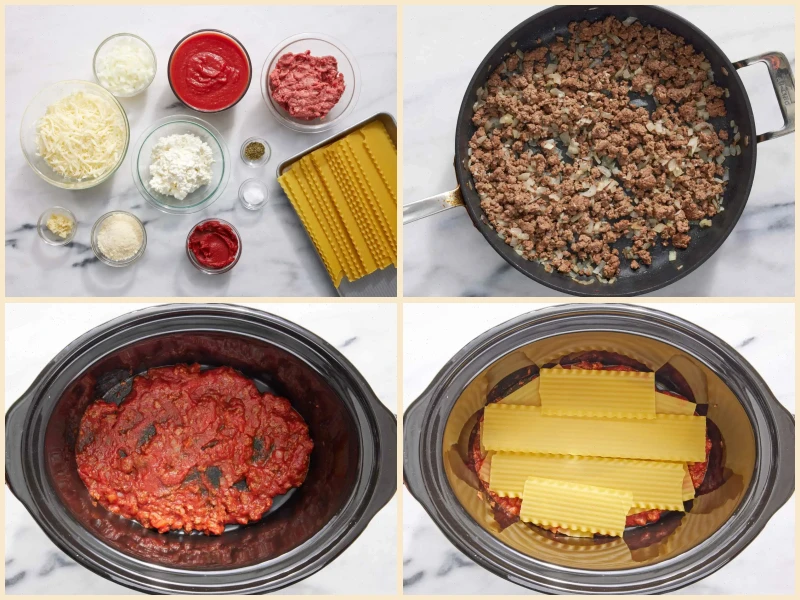

This slow cooker lasagna is a convenient and delicious twist on the traditional oven-baked version. By layering hearty ground beef and tomato sauce with lasagna noodles and three types of cheese, it creates a rich, comforting dish that practically makes itself while you go about your day.
History and Origin
Lasagna, with its multi-layered structure of pasta, meat, cheese, and sauce, traces its origins back to Ancient Rome. The word "lasagna" is derived from the Greek word "Laganon," which referred to flat sheets of dough cut into strips. Over centuries, lasagna evolved in Italy, especially in the regions of Emilia-Romagna and Naples, where it became a celebrated dish made with layers of pasta, meat, cheese, and sometimes bchamel sauce. This slow-cooker variation emerged in the late 20th century as an easy way to prepare this beloved dish with minimal effort, making it ideal for busy families.
Regional Variations
Italian lasagna has many regional variations, each with its unique touch. In the northern regions, such as Emilia-Romagna, lasagna is often made with a rich rag (a meat-based sauce) and bchamel sauce, while in the southern regions, the sauce is typically simpler, consisting mainly of tomatoes and herbs. The slow cooker version of lasagna, however, simplifies these regional differences and focuses on the use of readily available ingredients like ground beef, tomato sauce, and mozzarella cheese, making it accessible to a wider audience.
Differences from Traditional Oven-Baked Lasagna
The key difference between slow-cooker lasagna and traditional oven-baked lasagna lies in the cooking method. In the oven-baked version, the lasagna is assembled and baked at a high temperature until the top is golden and bubbling. With slow cooker lasagna, the dish is cooked slowly on low heat over several hours, allowing the flavors to meld together beautifully while keeping the noodles tender and moist. Additionally, slow-cooker lasagna often uses no-boil noodles, which absorb the sauce during cooking, eliminating the need for pre-cooking the pasta.
Where to Serve Slow Cooker Lasagna
Slow cooker lasagna is perfect for family dinners, potlucks, and meal prepping. It's a hearty, satisfying dish that can feed a large crowd with minimal effort. Many home cooks love to serve it for special occasions like Sunday family meals, holiday gatherings, or even casual get-togethers. Due to its rich and filling nature, lasagna pairs well with a side of garlic bread or a fresh green salad, creating a complete meal that everyone will enjoy.
Interesting Facts
- Lasagna is one of the oldest known pasta dishes, dating back to Ancient Greece, where similar layered dishes were made with sheets of dough and various fillings.
- The slow cooker method was popularized in the 1970s when kitchen appliances became more accessible, and busy families sought ways to prepare meals ahead of time.
- Lasagna is a versatile dish, and there are many variations depending on dietary preferences. For instance, vegetarian versions replace the meat with vegetables like spinach, zucchini, or mushrooms, while vegan lasagna uses dairy-free cheese alternatives.
- Although slow cooker lasagna is usually made with ground beef, it can be adapted to include other meats like chicken, turkey, or even plant-based meat substitutes for a healthier option.
You can listen to this recipe in AI audio format. Simply click the play button below to listen to the content in a format that suits you best. It’s a great way to absorb information on the go!
FAQ about Slow Cooker Lasagna Recipe
Comments
Ashley Gonzalez
09/21/2024 08:16:09 AM
This dish was absolutely incredible, and because it was made in a slow cooker, it yielded a huge amount of deliciousness that we just had to share. I opted for ground turkey and turkey Italian sausage instead of ground beef, and I enhanced the cottage cheese and Parmesan mixture with garlic powder (to avoid excess sodium from garlic salt), grated Parmesan and Romano cheese, as well as Italian seasoning, basil, and oregano. As I layered the ingredients, I sprinkled shredded mozzarella and Parmesan cheese between each layer of meat, noodles, and cheese mixture. I followed the recommended 6 hours on low setting, but for those using a slow cooker bag like I did, I suggest switching to warm for the final 1 1/2 hours to prevent any burning that may occur without stirring. Overall, a fantastic dish that I highly recommend trying! (Note: The original text had some typos and I made corrections for better readability)
William Flores
06/27/2024 08:51:40 PM
I decided to use more sauce than the original recipe called for, combining a 44oz. jar of Prego Italian sausage & garlic flavor, a 15 oz. can of tomato sauce, a 12oz. can of tomato paste, and some water. I mixed it with a pound and a half of Italian sausage and ground pork, along with onions, peppers, mushrooms, garlic, and Italian spices. I adjusted the seasonings to my taste. After layering it with lasagna noodles and cheeses, I refrigerated it overnight and then slow-cooked it for 8 hours. The end result was fantastic! The sauce was just right, beautifully coating the pasta without drying out or overcooking. My family absolutely loved it and I will definitely be making it again. I also found the reviews from other cooks to be extremely helpful - without them, this dish wouldn't have turned out as delicious. Thank you to everyone who shared their feedback!
Joyce Green
03/30/2023 09:15:53 AM
Being a vegetarian, I decided to try out Impossible meat as a substitute for ground beef in my lasagna recipe. I'm quite particular about my choices, so I left out the onions but used onion powder instead, which I don't mind. I also skipped the cottage cheese and replaced ricotta with a mix of cheddar, mozzarella, and provolone cheeses. The end result was a really delicious lasagna!
Gary Davis
09/30/2023 06:43:48 PM
I cooked this dish for my family tonight and they absolutely loved it! They couldn't stop praising it and kept asking about that delicious smell wafting from the kitchen. They enjoyed it so much that they wanted to know when I would be making it again. I adore this recipe! Thank you so much!
Betty Thomas
04/28/2024 06:23:26 AM
I plan to modify the recipe by substituting 1/2 lb of ground beef with 1/2 lb of sweet Italian sausage, incorporating fennel seeds, adding extra spices, and including ricotta cheese in my cheese mixture.


